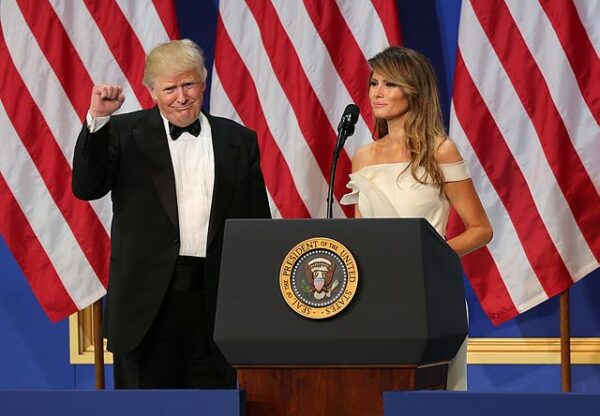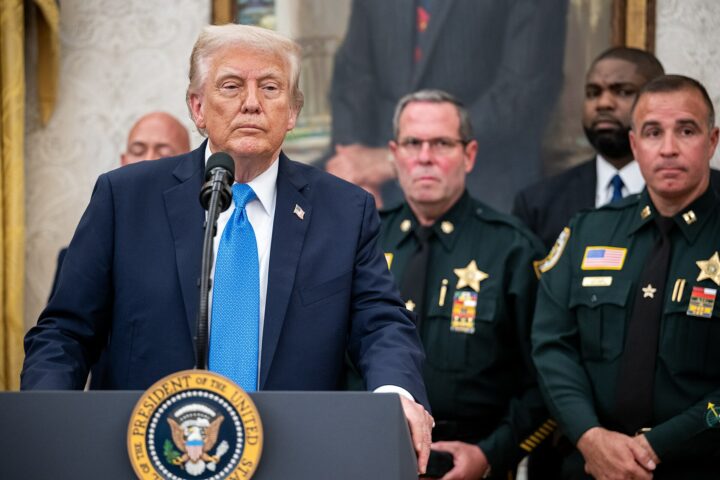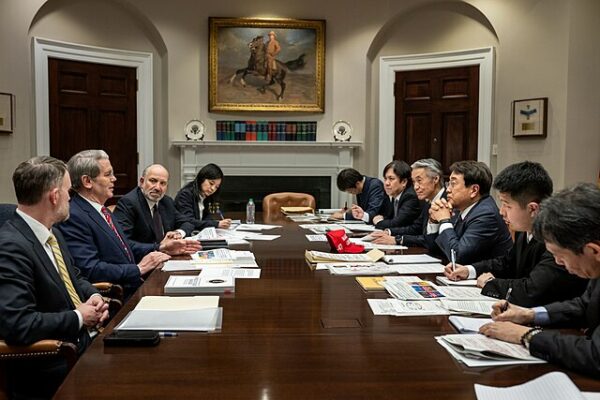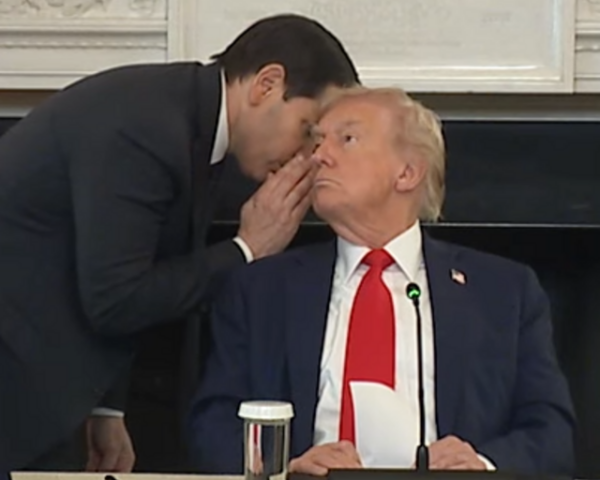In a decisive early-morning vote, the U.S. Senate approved a long-overdue $9 billion spending cut aimed at trimming waste from the federal budget and restoring fiscal discipline. The measure—passed 51–48 along mostly party lines—reflects the Trump administration’s commitment to holding Washington accountable and redirecting taxpayer dollars away from programs that have long evaded scrutiny and been accused of rampant bias.
The rescissions package slashes $8 billion from foreign aid and $1.1 billion from the Corporation for Public Broadcasting, a taxpayer-subsidized relic that props up NPR and PBS—networks increasingly criticized for partisan bias. The House is expected to approve the cuts later this week, paving the way for President Trump to sign the measure into law.
Both PBS and NPR have been under investigation for breaking their charters by, in effect, selling commercials.
Though rarely used, the rescissions process is entirely legal and constitutionally sound, offering a vital check against runaway spending. President Trump’s budget team, led by Russell T. Vought, followed the process to the letter, unlike prior administrations that allowed bloated programs to metastasize under the guise of bipartisan compromise.
“This is a small but important step toward fiscal sanity,” said Senate Majority Leader John Thune of South Dakota, according to The New York Times.
Not all Republicans backed the measure. Senators Susan Collins and Lisa Murkowski joined Democrats in opposition, citing concerns over congressional authority. But many conservatives view the real threat as decades of executive timidity and legislative excess. As Senator Thom Tillis warned, “If we find out that some of these programs that we’ve communicated should be out of bounds—that advisers to the president decide they are going to cut anyway—then there will be a reckoning for that.” Still, Tillis supported the package, signaling confidence in the administration’s motives.
Several programs were spared following internal negotiations, including funding for the President’s Emergency Plan for AIDS Relief (PEPFAR), foreign aid to key allies like Jordan and Egypt, and global health initiatives with proven results. The administration also preserved funding for tribal broadcasting after concerns were raised by Senator Mike Rounds, who voted yes after receiving assurances the funds would be redirected—not wasted.
Despite predictable outrage from Democrats—who just weeks earlier backed a tax-and-spend plan projected to balloon the national debt by $4 trillion—fiscal conservatives see the rescissions bill as a sign of progress. Senator Patty Murray warned of “eroding bipartisanship,” but to many Americans, a return to principled budgeting is long overdue.
Last year, a senior editor at NPR quit his post and blew the whistle on the organization’s bias and corruption. Uri Berliner wrote that “back in 2011, although NPR’s audience tilted a bit to the left, it still bore a resemblance to America at large. Twenty-six percent of listeners described themselves as conservative, 23 percent as middle of the road, and 37 percent as liberal.
By 2023, the picture was completely different: only 11 percent described themselves as very or somewhat conservative, 21 percent as middle of the road, and 67 percent of listeners said they were very or somewhat liberal. We weren’t just losing conservatives; we were also losing moderates and traditional liberals.
An open-minded spirit no longer exists within NPR, and now, predictably, we don’t have an audience that reflects America.”
The bill now heads to the House.








